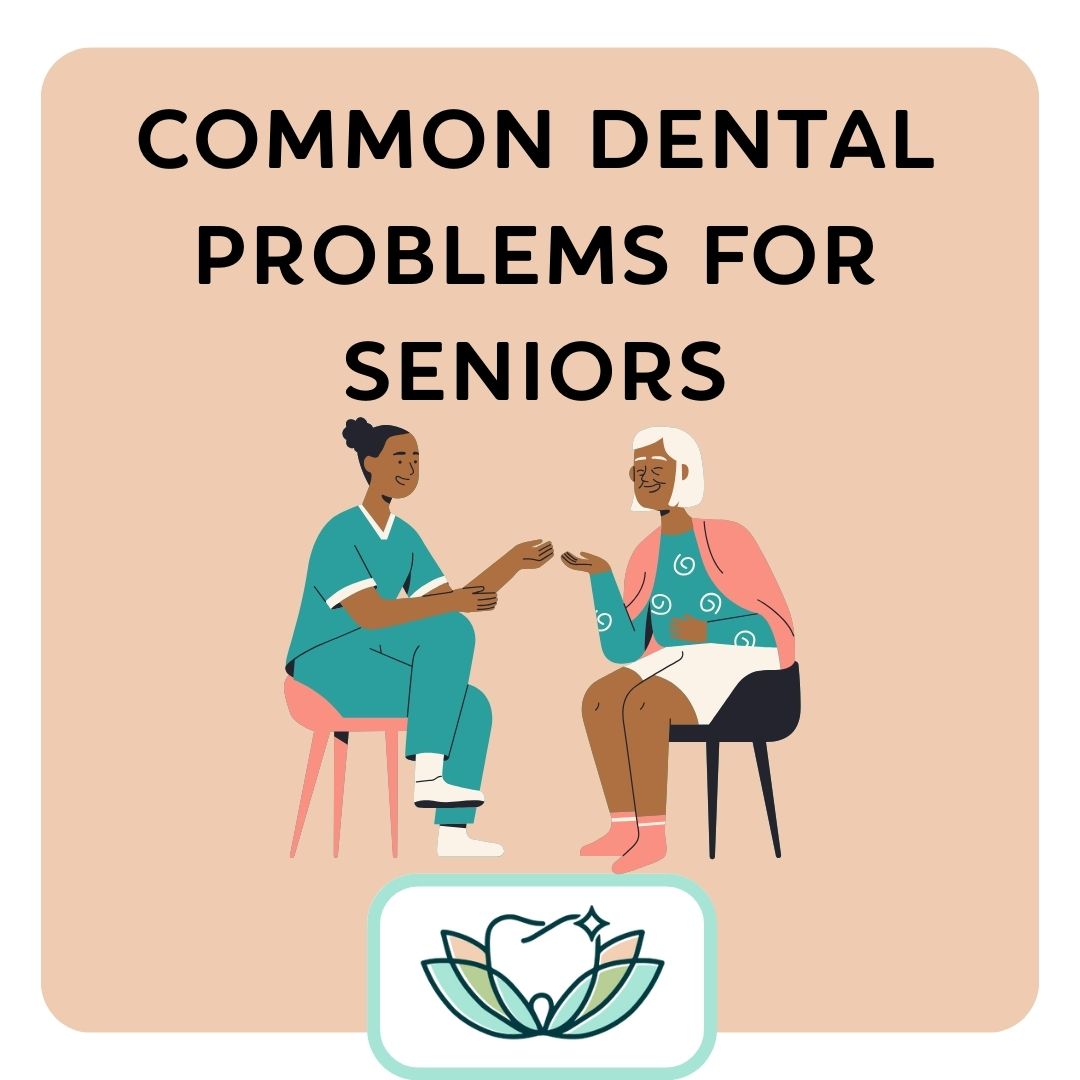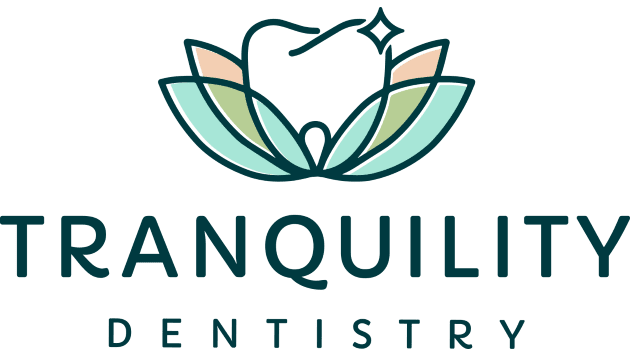
Common Dental Problems in Seniors: Prevention and Management
As we age, our oral health needs change, and seniors often face a unique set of dental challenges. It’s crucial to understand and address these issues to maintain overall health and well-being. In this blog, we will discuss common dental problems that seniors face, including gum disease, tooth loss, and dry mouth, and provide valuable tips on how to prevent or manage these issues to ensure a healthy and vibrant smile in your golden years.
Gum Disease (Periodontal Disease)
Gum disease is one of the most prevalent dental problems among seniors. It typically starts as gingivitis, characterised by red, swollen gums that may bleed when brushing or flossing. If left untreated, gingivitis can progress to periodontitis, a more severe form of gum disease that can lead to tooth loss and other health complications.
Prevention and Management:
- Regular Dental Check-ups: Seniors should maintain regular dental check-ups, ideally every six months, to catch gum disease in its early stages.
- Effective Oral Hygiene: Brushing and flossing daily are essential to prevent gum disease. Seniors should use a soft-bristle toothbrush and a fluoride toothpaste. Electric toothbrushes can be more effective for those with limited dexterity.
- Quit Smoking: Smoking is a significant risk factor for gum disease.
- Healthy Diet: A balanced diet rich in fruits, vegetables, and whole grains can support gum health.
- Professional Cleaning: Deep cleanings by a dental hygienist may be necessary for seniors with advanced gum disease.
Tooth Loss
Tooth loss is a common concern among seniors and can significantly impact quality of life, including speech, nutrition, and self-esteem. Various factors contribute to tooth loss in older adults, including untreated gum disease, decay, and wear and tear over time.
Prevention and Management:
- Maintain Good Oral Hygiene: Proper brushing and flossing can help prevent tooth decay and gum disease, reducing the risk of tooth loss.
- Regular Dental Visits: Routine dental check-ups allow dentists to identify and address dental problems early, potentially preventing tooth loss.
- Dentures and Implants: When tooth loss occurs, dentures or dental implants are viable options for restoring function and appearance. Consult a dentist to determine the most suitable option.
- Oral Appliances: For those who grind their teeth (bruxism), wearing a custom-fitted nightguard can help protect teeth from excessive wear.
Dry Mouth (Xerostomia)
Dry mouth is a common problem among seniors and can result from various causes, including medications, medical conditions, and age-related changes in saliva production. Reduced saliva flow can increase the risk of tooth decay and gum disease.
Prevention and Management:
- Stay Hydrated: Drinking plenty of water throughout the day can help alleviate dry mouth symptoms.
- Oral Hydration Products: Over-the-counter oral hydration products, such as mouth rinses and gels, can provide relief for dry mouth.
- Medication Review: Consult with a healthcare provider to review medications that may contribute to dry mouth. They may adjust dosages or recommend alternative medications.
- Sugar-Free Chewing Gum or Lozenges: Chewing sugar-free chewing gum or using sugar-free lozenges can stimulate saliva production.
- Humidifier: Using a humidifier in the bedroom can help maintain moisture in the air and alleviate dry mouth symptoms during sleep.
- Saliva Substitutes: In severe cases, a dentist may recommend saliva substitutes to help keep the mouth moist.
Dental Decay (Cavities)
Dental decay, or cavities, is not limited to children. Seniors are also susceptible to cavities, especially if they have dry mouth or other risk factors. Decay can lead to toothaches and tooth loss if left untreated.
Prevention and Management:
- Regular Dental Visits: Routine dental check-ups are crucial for early detection and treatment of cavities.
- Fluoride Products: Seniors can benefit from fluoride toothpaste and mouth rinses to strengthen tooth enamel.
- Limit Sugary Foods: Reducing sugar intake, especially from sugary snacks and beverages, can help prevent cavities.
- Dental Sealants: In some cases, dental sealants may be applied to protect vulnerable areas of teeth from decay.
Maintaining good oral health is essential at any age, but it becomes especially crucial as we age. Common dental problems in seniors, such as gum disease, tooth loss, dry mouth, and dental decay, can impact overall health and quality of life. By following preventive measures and seeking timely dental care, seniors can enjoy a healthy smile and maintain their overall well-being well into their golden years. Encourage regular dental check-ups, effective oral hygiene practices, and a healthy lifestyle to ensure a lifetime of beautiful and healthy teeth.
Common Dental Problems in Seniors
Post a Comment
You must be logged in to post a comment.
